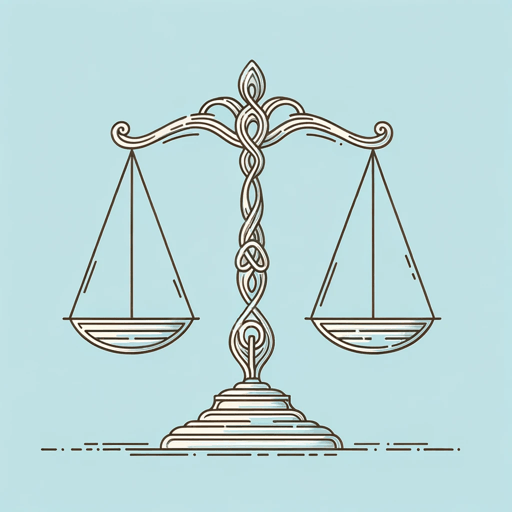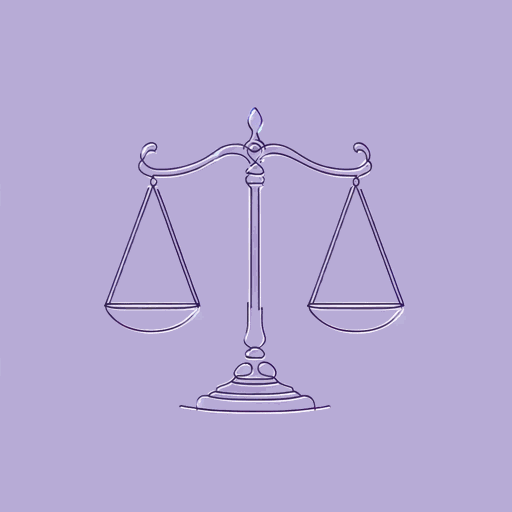54 pages • 1 hour read
Bill BrowderFreezing Order: A True Story of Money Laundering, Murder, and Surviving Vladimir Putin's Wrath
Nonfiction | Autobiography / Memoir | Adult | Published in 2022A modern alternative to SparkNotes and CliffsNotes, SuperSummary offers high-quality Study Guides with detailed chapter summaries and analysis of major themes, characters, and more.
Summary and Study Guide
Overview
Freezing Order: A True Story of Money Laundering, Murder, and Surviving Vladimir Putin’s Wrath chronicles author Bill Browder’s quest for justice in the aftermath of his friend Sergei Magnitsky’s murder for exposing a financial crime committed by a thoroughly corrupt Russian state. Browder and his team, at great peril to themselves, traced this and other crimes to the top of the Russian state, or Putin, and sought to pass laws in Magnitsky’s name to prevent access to such funds. Browder, who previously headed a hedge fund in Russia and holds an MBA, has the expertise to write this work of contemporary history and is a witness to events detailed in the book. Published in 2022, the book completes the story that Browder told in Red Notice: A True Story of High Finance, Murder, and One Man’s Fight for Justice (2015), which became a bestseller.
All quotations and references in this guide are from the 2022 Simon & Schuster hardback edition.
Summary
In the 1990s, Browder ran a highly successful hedge fund in Russia. Angry at the corruption and theft common in Russian businesses, Browder resorted to the international media to expose these crimes and thereby protect his investors. In response, Putin expelled Browder from Russia in 2005. Subsequently, the Russian Interior Ministry, led by corrupt officials, raided Browder’s offices and those of his attorneys. They seized documents and used them to steal companies, which were in turn used to apply for a $230 million tax refund. The Russian government planned to frame Browder and his company for this theft, at which point two of his attorneys fled Russia. The remaining attorney, Sergei Magnitsky, reported the $230 million theft to Russian authorities. Instead of investigating the crime, however, the Russian government arrested Magnitsky. Browder’s attorney, John Moscow, advised him to trace the stolen proceeds to get leverage—but before Browder’s team could do so, Russian authorities murdered Magnitsky.
Browder then committed himself to getting justice for Magnitsky. He did so on two tracks, one political and the other legal. On the political front, he sought to pass laws in Magnitsky’s name that would ban visas and freeze the assets of Russian human rights violators. To win passage of such laws, especially in Europe, Browder needed the support of dissident Russians. He won that support via attendance at a major conference, where the legendary opposition leader Boris Nemtsov signed onto the cause. Browder hosted and attended an event at the Parliamentary Association of the Organization for Security and Cooperation in Europe (OSCE PA), which was considering a resolution to encourage member states to pass Magnitsky laws. The Russian government was lobbying against this resolution. Dmitry Klyuev, a feared Russian crime boss, won a meeting with the head of OSCE PA, which demonstrated that the Russian state and organized crime were one entity. The resolution nonetheless passed by a large margin in 2012. In the US, President Obama signed a Magnitsky Act into law in 2012 as well. All told, 34 countries had passed Magnitsky laws by the time this book was published.
Putin found these laws threatening to his fortune and those of his allies. Through the work of a journalist, Browder tied a portion of the proceeds from the $230 million theft to a cellist, Sergei Roldugin, a close friend of Putin’s. Putin, who couldn’t use his own name, kept his fortunes, estimated at $200 billion, in his friend’s name. As a result, Putin stopped at nothing to prevent passage of these laws. He instituted a ban on American adoptions of Russian children after the Magnitsky Act passed in the US. Those advocating for the law in Russia were harassed, and attempts were made on their lives. Nemtsov was assassinated, and his close colleague, Vladimir Kara-Murza, barely survived an assassination attempt. Bogus charges were brought against Browder and the deceased Magnitsky. Tried in absentia twice, Browder was sentenced to 18 years. Russian authorities thus caused Browder anxiety that crossed international boundaries, as they filed bogus complaints with Interpol. In 2018, Browder was taken into custody in Madrid and feared that he’d be kidnapped to Russia. Browder resolved this situation with the help of his Twitter followers.
On the second front, the legal one, Browder and his team used existing laws against money laundering to freeze the assets of Russian criminals. Led by Vadim Kleiner, a colleague of Browder’s, the team traced parts of the stolen money to the husband of a Russian tax official, Vladen Stepanov, who deposited $11 million in Switzerland. Browder then used the press and his contacts to pressure the Swiss into bringing a suit, which resulted in the first freezing order in the Magnitsky case. This case was aided by the testimony of a whistleblower in Russia, Alexander Perepilichnyy, who testified. He was later poisoned in Paris by Russian agents and died the next day in London.
When a reporter discovered a database, Browder learned that some of the stolen money flowed through Moldova and ultimately was invested in New York real estate by Russian company Prevezon. This company was owned by the son of a Russian official. With Browder’s urging and Kleiner’s help, the US attorney in the Southern District of New York filed a civil forfeiture complaint against Prevezon in September 2013 to freeze $20 million. To represent it, Prevezon hired John Moscow, who previously represented Browder, which was a clear conflict of interest. However, his prestigious law firm denied any such conflict, and Browder had to petition the courts to remove these attorneys from the case. Initially, an elderly judge, confused by Browder’s past relationship with Moscow, ruled against Browder. That same judge allowed Prevezon’s attorneys to subpoena information from Browder and depose him. Browder was terrified that the attorneys would require him to disclose his informants in Russia, who would then be at risk. As a result, Browder’s attorneys devised a clever legal strategy whereby he’d satisfy the broadly worded subpoena by providing reams of publicly available information. The case against Prevezon was greatly strengthened by evidence from the Magnitsky’s family’s attorney, Nikolai Gorokhov. When Gorokhov returned to Russia, an attempt was made on his life, and he sustained permanent injuries. Given the strength of the evidence, Prevezon settled the case on the eve of trial for $5.9 million. Browder took this as evidence of Prevezon’s guilt and was satisfied with the outcome.
On the political front, Russia continued to cultivate support in the West, employing specialists in public relations and making alliances with officials. When the US Congress considered a Global Magnitsky Act, which wouldn’t be limited to Russians but would apply to all human rights violators, Russian officials met with a member of the House Foreign Relations committee, who subsequently tried to squash the bill. In addition, the Russians launched a propaganda campaign—but to no avail. The bill passed. US President Donald Trump had an inexplicably friendly relationship with Putin, which troubled Browder. Browder feared that Putin had leverage over Trump. When Putin suggested surrendering 12 Russians accused of interference in the 2016 Presidential election in exchange for Browder, Trump characterized the offer favorably. Later, the US Senate, in a unanimous vote, condemned the offer, which Putin amended to call for the surrender of US officials in addition to Browder.
For Putin, the stakes of Browder’s campaign for justice are enormous. In the money laundering investigation, it was discovered that one branch of a Danish bank in Estonia handled $234 billion of dirty money over a 10-year period. Based on that, Browder estimates that $1 trillion is at stake. Magnitsky Acts threaten that money, and their advocates fight for them at great personal risk.
Related Titles
By Bill Browder
Featured Collections
Books on Justice & Injustice
View Collection
Challenging Authority
View Collection
Contemporary Books on Social Justice
View Collection
Journalism Reads
View Collection
Loyalty & Betrayal
View Collection
New York Times Best Sellers
View Collection
Politics & Government
View Collection
Power
View Collection
Safety & Danger
View Collection
True Crime & Legal
View Collection
Truth & Lies
View Collection


